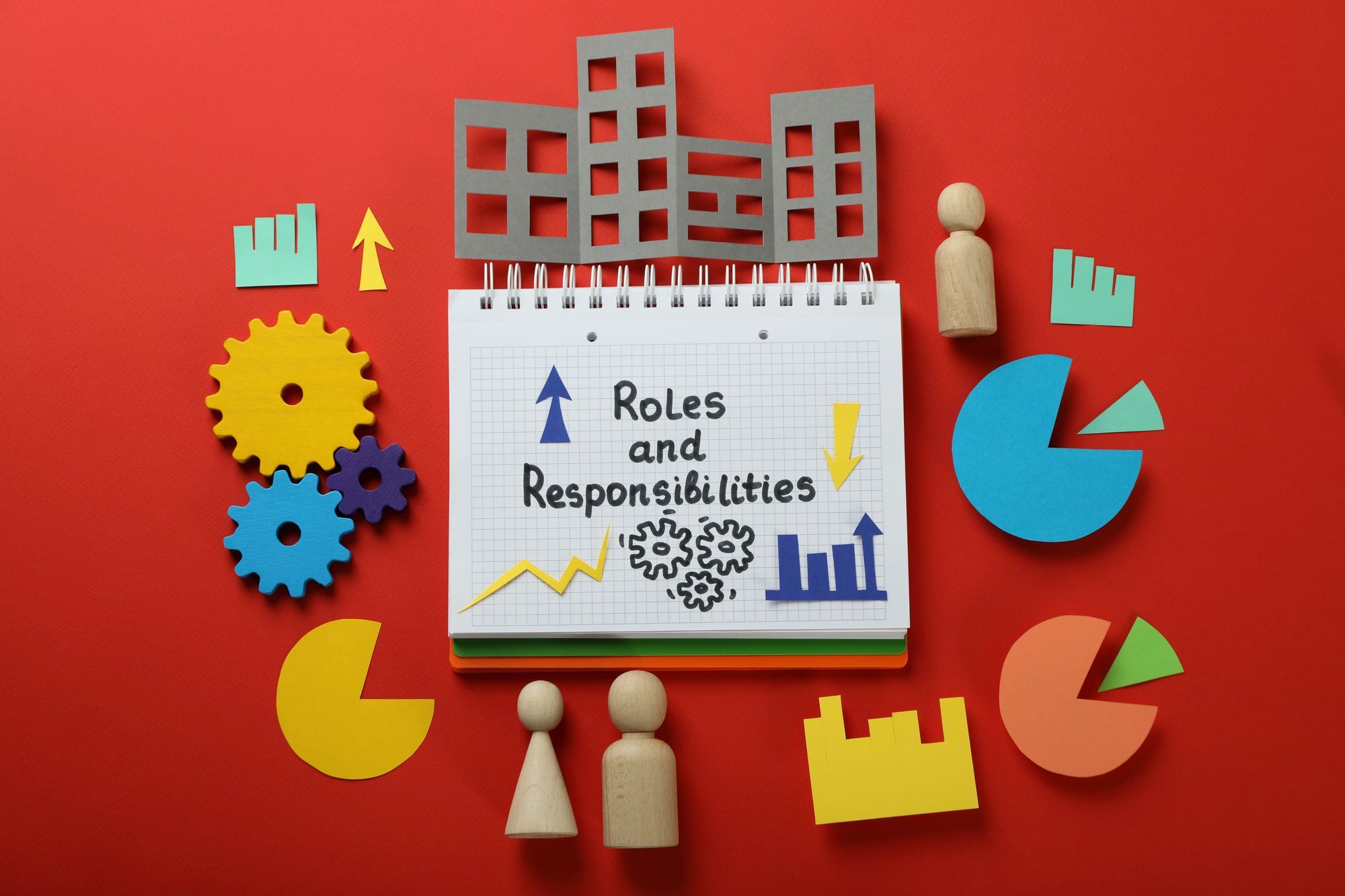Homeowners' associations (HOAs) and condo associations rely on the active participation and responsible actions of homeowners to ensure the smooth operation and maintenance of the community. Understanding the roles and responsibilities of homeowners is essential for fostering a sense of community, promoting harmony, and protecting property values. In this blog post, we will explore the key roles and responsibilities of homeowners in HOAs and condo associations, empowering residents to fulfill their obligations and actively contribute to the success of their community.
Adherence to Governing Documents:
Homeowners have a responsibility to familiarize themselves with and abide by the governing documents of the HOA or condo association. These documents typically include the declaration, bylaws, rules, and regulations, collectively known as the covenants, conditions, and restrictions (CC&Rs). By adhering to these guidelines, homeowners contribute to maintaining order, preserving property values, and promoting a harmonious living environment within the community.
Payment of Assessments and Dues:
One of the primary responsibilities of homeowners is the timely payment of assessments and dues. Assessments are typically used to cover common expenses such as maintenance, insurance, utilities, and amenities. Homeowners must understand the assessment structure, payment schedule, and any consequences for late or non-payment. Fulfilling this financial obligation ensures the association can effectively manage and maintain the community's shared resources.
Maintenance of Individual Units:
Homeowners are responsible for the maintenance and upkeep of their individual units. This includes interior maintenance, such as repairs, renovations, and cleanliness, as well as compliance with architectural guidelines when making external modifications. By properly maintaining their units, homeowners contribute to the overall aesthetic appeal and value of the community.
Participation in Association Meetings and Voting:
Homeowners are encouraged to actively participate in association meetings, such as annual meetings or special sessions. Attending these meetings provides an opportunity to voice concerns, provide input on important decisions, and elect members to the board of directors. Additionally, homeowners should exercise their voting rights on key community matters, including the approval of budgets, bylaws amendments, and other important issues.
Volunteerism and Committee Involvement:
Volunteering for committees or task forces within the association is a valuable way for homeowners to contribute their skills and expertise. Associations often have committees dedicated to areas such as landscaping, architectural review, social events, or finance. By actively participating in these committees, homeowners can help shape the community's policies and initiatives, fostering a stronger sense of belonging and community pride.
Compliance with Community Rules and Regulations:
Homeowners have a responsibility to comply with community rules and regulations set forth by the association. These rules may cover various aspects, including noise restrictions, pet policies, parking regulations, and use of common areas. Adhering to these rules helps maintain a harmonious living environment and respect the rights and preferences of fellow residents.
Reporting Maintenance and Safety Concerns:
Homeowners should promptly report any maintenance or safety concerns to the association or property management. This includes issues related to common areas, infrastructure, or amenities that require attention or repairs. Timely reporting ensures that necessary actions are taken to address these concerns promptly, promoting the safety and enjoyment of the community for all residents.
Respectful Communication and Conflict Resolution:
Homeowners have a responsibility to engage in respectful communication with fellow residents, board members, and association management. Constructive and respectful communication helps resolve conflicts amicably and promotes a positive living environment. When conflicts arise, homeowners should strive to resolve them through open dialogue, mediation, or other appropriate means, in accordance with the association's established procedures.
Maintaining Homeowner Insurance:
Homeowners are responsible for maintaining appropriate insurance coverage for their individual units. While the association typically carries insurance for common areas and structures, homeowners should have insurance to cover their personal belongings and liability. Adequate homeowner insurance protects individual homeowners in the event of damage, loss, or liability within their units.
Respect for Community Resources and Amenities:
Homeowners should respect and properly utilize community resources and amenities, such as parks, swimming pools, fitness centers, or clubhouses. Following established guidelines for their use ensures the longevity and enjoyment of these shared facilities for all residents. Additionally, homeowners should report any misuse, vandalism, or safety concerns related to community resources to the appropriate authorities.
Conclusion:
Homeowners play a vital role in the success and well-being of HOAs and condo associations. By understanding and fulfilling their roles and responsibilities, homeowners contribute to the overall quality of life, harmony, and property values within the community. Active participation, responsible behavior, and respectful communication foster a sense of community, ensuring a positive living experience for all residents.


